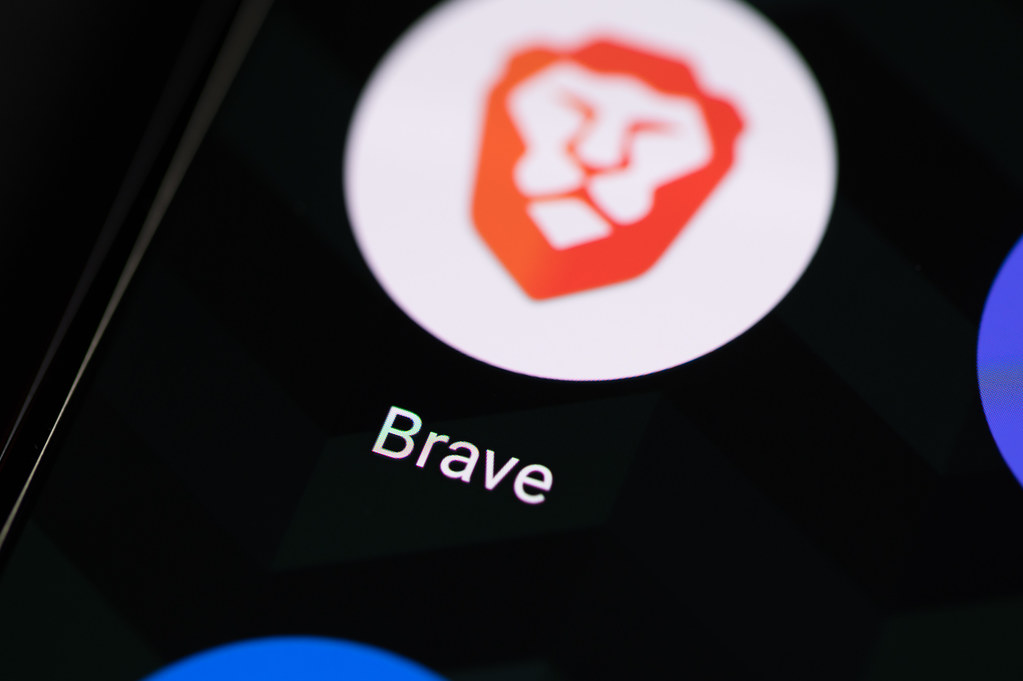
Microsoft’s Recall feature, which automatically takes screenshots of whatever you’re doing on your computer, has faced sharp criticism from privacy experts. Responding to these concerns, privacy-focused browser Brave announced it will disable Recall by default in its upcoming version 1.81.
Privacy Concerns Drive Brave’s Decision
Brave emphasized that browsing activity should never end up in a persistent database vulnerable to misuse, especially in sensitive cases like intimate partner violence. In a blog post, Brave said, “We think it’s vital that your browsing activity on Brave does not accidentally end up in a persistent database.”
Currently, Brave is the only major browser to disable Recall by default. Others — including Google Chrome, Microsoft Edge, Firefox, DuckDuckGo, and Tor Browser — still allow the feature.
For users who want to keep Recall active, Brave will allow the feature to be re-enabled manually by navigating to Settings > Privacy and security and toggling off Block Microsoft Recall after the update rolls out.
Microsoft Recall’s Developer Challenges
Microsoft has not provided developers with an easy way to disable Recall. For example, in May, the messaging app Signal disabled all screenshots in its Microsoft app to prevent Recall from accessing user conversations. However, this also disabled screen readers and normal screenshot functions.
Brave found a workaround that avoids these issues by making all browser sessions appear as private browsing windows to Windows. Microsoft permits Recall to be turned off during private sessions, so Brave extended this setting to all tabs.
“We tell the operating system that every Brave tab is ‘private,’ so Recall never captures it,” the company explained.
Brave urged Microsoft to provide similar granular control over Recall to all privacy-conscious developers, saying, “While it’s heartening that Microsoft recognizes that web browsers are especially privacy-sensitive applications, we hope they offer the same ability to other applications.”
What The Author Thinks
Brave’s decision to disable Microsoft’s Recall by default is a critical step toward protecting user privacy in an era of growing surveillance risks. While technology companies tout innovation, they must also prioritize user control and transparency. Privacy should not be an afterthought or an opt-in feature—it must be baked into software by design to prevent unintended data exposure and misuse.
Featured image credit: Ivan Radic via Flickr
For more stories like it, click the +Follow button at the top of this page to follow us.
